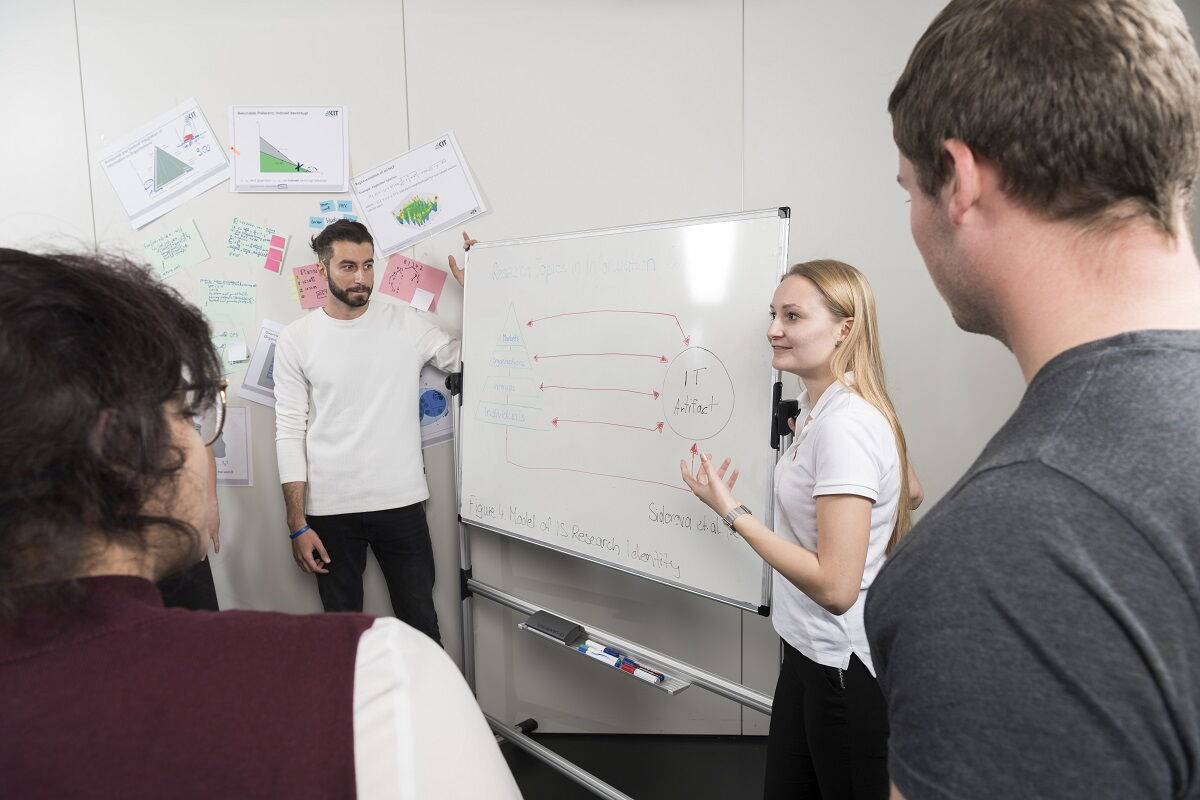Strengthen cross-border knowledge and technology transfer

Universities, trade associations, and industrial companies in the Trinational Upper Rhine Metropolitan Region want to enhance future knowledge and technology transfer. The necessary basis will be established by the Knowledge Transfer Upper Rhine (KTUR) project funded by the European Union (EU). KTUR was initiated within Eucor – The European Campus, Eucor also is associated partner of KTUR.
The Trinational Upper Rhine Metropolitan Region connects markets in Germany, France, and Switzerland. The region is home to a number of science institutions, clusters, and companies which already make it a pioneer region for European collaboration. Future intensified cooperation in research and development, licensing, or in establishing cross-border start-ups might considerably enhance growth and employment in the region.
To foster cross-border knowledge and technology transfer, the new Knowledge Transfer Upper Rhine (KTUR) project has been initiated. The EU will fund KTUR with EUR 1.6 million in the next three years. The five Eucor universities and seven other universities and colleges are involved in the project that will be coordinated by KIT. The project budget totals EUR 3.9 million.
By establishing a long-term network on the Upper Rhine, universities and trade associations want to learn from each other across the borders, create a corporate identity in knowledge and technology transfer on the Upper Rhine, and lower existing barriers to facilitate and enhance contacts and project initiation between universities and industry. “Moreover, joint thinking and acting will result in many opportunities for the international appearance of the region and further cooperation options worldwide,” says Dagmar Vössing, KIT, who is responsible for the project.
To reach these goals, solution approaches are developed for selected areas of action. These approaches will be implemented and tested in the project with active participation of at least 100 companies. Several aspects will be studied, such as structuration of collaboration of universities and colleges on the Upper Rhine and development and test of joint knowledge and technology transfer services for e.g. advanced training, start-ups, cross-border innovation events, a single entry point for industry, and a modular and adaptable research-to-business information and exchange platform. The most effective measures will be made permanent upon the completion of the project.